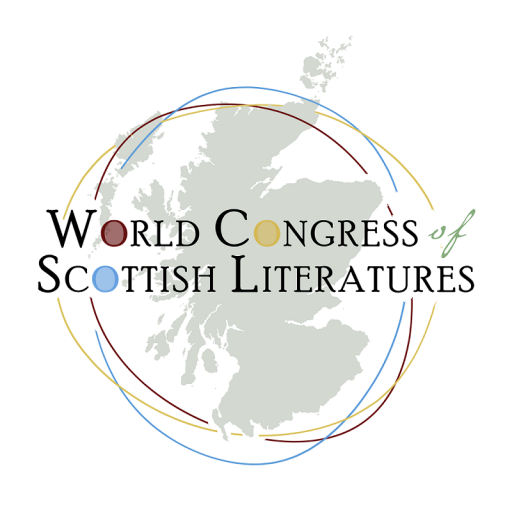Chinese Classical Poetry in Scots: Engagements with the Ancient and Modern
Translations of classical Chinese poetry into Scots provide an irregular but revealing index of the Scottish engagement with literary Modernism. One of the earliest, pre-Modernist, translators of the Chinese Classics, James Legge, included two co-translated ‘ballads’ in Scots in his metrical edition of The She King (1876). This edition was certainly known to Ezra Pound, whose translations of Chinese classical poetry were a major influence on Modernist poetry in English. It is not surprising, then, that one major figure in the modernist Scottish renaissance, Douglas Young, also tried his hand at translating Chinese classical poetry and that Li Po (Li Bai) was casually referenced by another renaissance figure, Sydney Goodsir Smith, in two Scots poems about Edinburgh. The editor, poet and language activist, David Purves, also wrote Scots versions of American translations of Chinese classical texts, but in an accessible style that owed more to neo-Modernism than high Modernism. Edwin Morgan nods at the legacy of Chinese classical poetry for Modernism by translating a poem from Pound’s Cathay into Scots, but by the late 20th century, there is more of a post-Modern flavour to Morgan’s unstable mixture of demotic and literary Scots. A current translator of Chinese into Scots, Brian Holton (who describes himself as ‘the only Chinese-Scots translator in captivity’), has published two recent volumes of classical Chinese verse into Scots, turning the focus, perhaps, away from Western Modernism and back to Ancient China. The present paper surveys the sporadic but telling engagement of Scots poets and translators with Chinese classical poetry, discusses the forms of Scots adopted for translation, and assesses the significance of translations from Chinese for the Scottish literary tradition and the development of literary Scots.
John Corbett, BNU HKBU United International College, China
